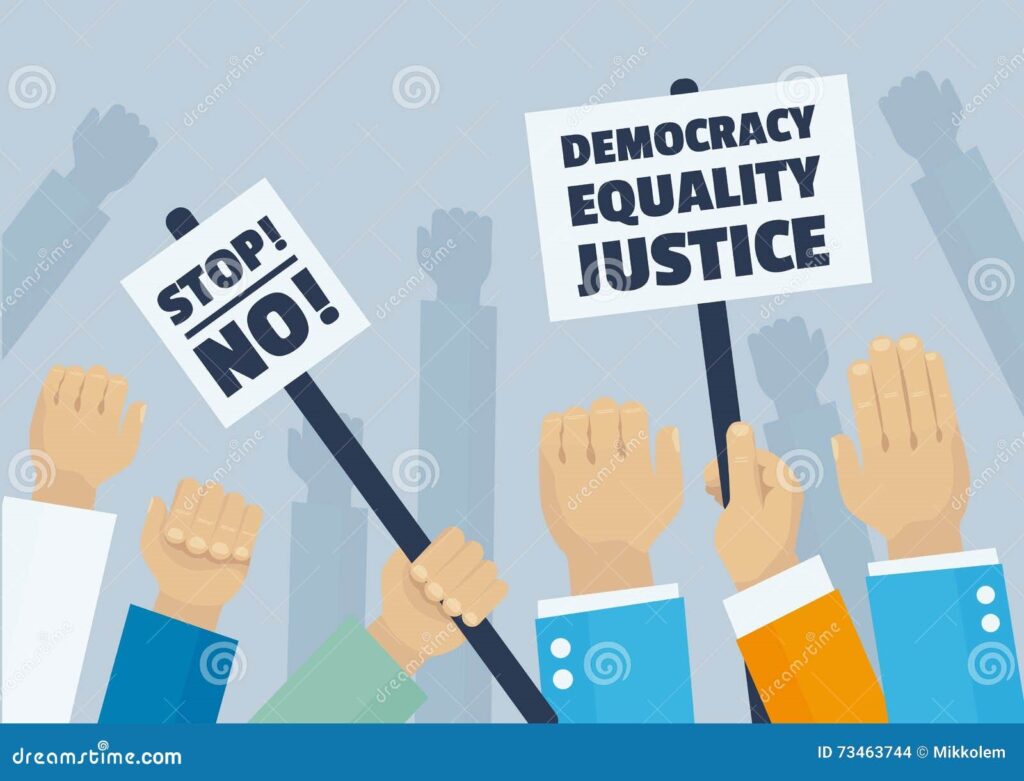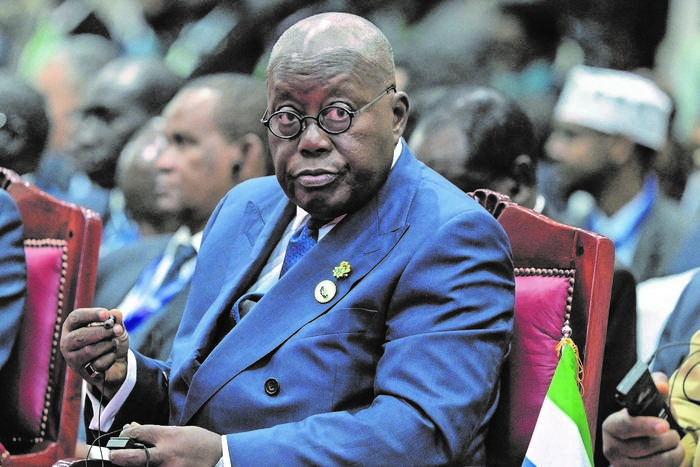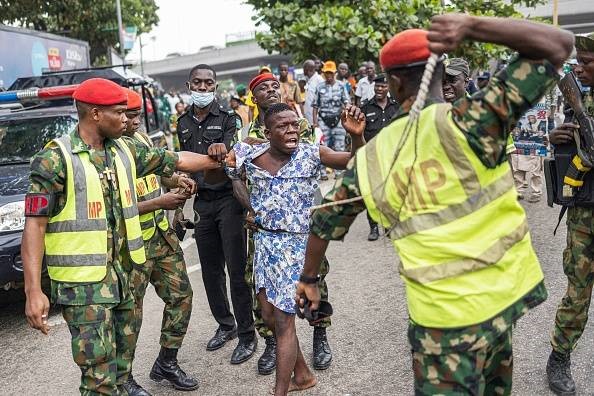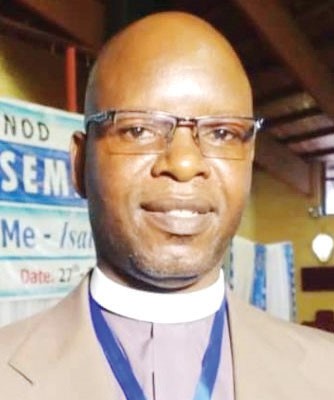By The Nation

By The Nation
As I write, President Lazarus Chakwera is at the Chilimampunga Ground in Lilongwe’s populous Mtandire. He has been busy, walking some two kilometers to the venue, to launch the Umodzi Day.
In his words, Chakwera said this is a day to be commemorated every Thursday of November annually.
A day of colour and pomp, it appears. Who doesn’t love events well set for an HD photo-op?
That Malawi is a divided nation goes without saying. We don’t need to hide this one under the carpet.
I can’t remember where exactly it all happened. The other day, there were some people in a minibus. At one stage, two women who were apparently coming from a wedding embarked on the minibus.
Once in the minibus, they started speaking in a Malawian language some don’t understand. Apparently, one of the men next to the ladies was bemused they were speaking in that language.
“How I hate people who belong to that tribe. They are very selfish. How can they be conversing in this language?” the man asked.
It may be clear that the man may have been bitter since he may not have been able to eavesdrop on the women. But it was also very apparent that his dislike was deeply ingrained in him.
As if that were not enough, all the passengers on the bus joined the onslaught. “I can’t allow my child to get married from that tribe,” said another passenger.
“And this lot has the tendency of giving each other employment,” retorted another.
It came to the worst when the women were dropping off. Some called them harlots. Others said they were uncultured.
This happened at the turn of the millennium but I doubt things have changed an inch. If you follow social media comments you will know what I mean, Dear Diary.
So when Chakwera was jive-talking at Mtandire it dawned on me that unity is not merely the absence of divisions. Neither is it just a matter of rhetoric!
In his words, Malawi was once built on unity. He forgot to remind Malawians that although unity was the first of the four cornerstones of the Malawi Congress Party, it was a rule that saw others forced into exile for their beliefs, it was a time teachers from the North were forced to return to their region in a manner that smacked of regionalism.
This is history, and we can’t be skirting around these issues.
So, when the President was presiding over this inaugural ceremony, the thought of how unity would be fostered through such commemoration is unfathomable.
What is most baffling is that each of the tribes that were present in the organisation of this event has their own days: Kulamba for the Chewa, Chiwanja cha Ayao for the Yao, Gonapamuhanya for the Tumbuka, Mgumano wa Amang’anja na Asena, Mulhako wa Alhomwe, Umhlangano, Umthetho and so on.
If at all Chakwera were serious on displaying unity, I wish he went to Chonde in Mulanje for the Mulhako fete.
The point is, to organise the day so much money was used to get the different groups to Lilongwe. Looking at the attire by the traditional dances, the displays and all the rub, you would actually see that some Tambala’s were drawn from Ministry of Unity’s coffers. Whether or not that appears somewhere in the National Budget can be talk of another day.
By the way, isn’t this talk of unity already factored in during the Independence Day celebrations? For all I could get from the event, it was all just about dances and some rhetoric to spice it all. It is questionable why all those resources could be used for the day.
And then, look, this event will be held on a Thursday! Looking at all those top civil servants at the event, one can only feel sorry for the man-hours lost. And, there was a sea of faces. It is most probable most of these poor people in the crowd left their small businesses to be at the campaign rally masquerading as a unity event.
And, by the way, Chakwera launched a clean-up campaign that was supposed to be held every year. Where is it now? This unity fashion show will certainly face such a natural death. If not naturally, then if Chakwera leaves Plot Number One, the next one will certainly make the drive vanish.
















